9 Female Poets Every Woman Should Know
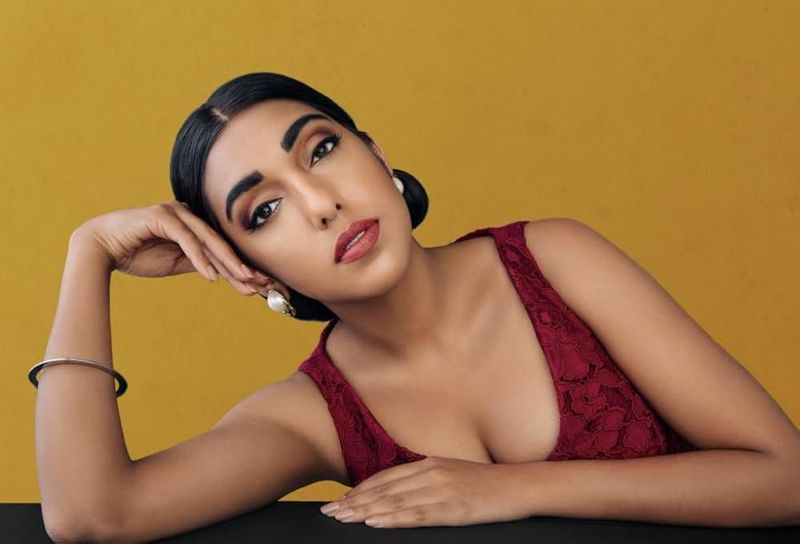
Poetry gives voice to feelings we can’t always express on our own. Throughout history, female poets have captured uniquely powerful perspectives on love, loss, identity, and resilience. These ten remarkable women poets have changed literature forever with their words and deserve a place on every woman’s bookshelf.
1. Sappho: The Ancient Voice That Still Echoes
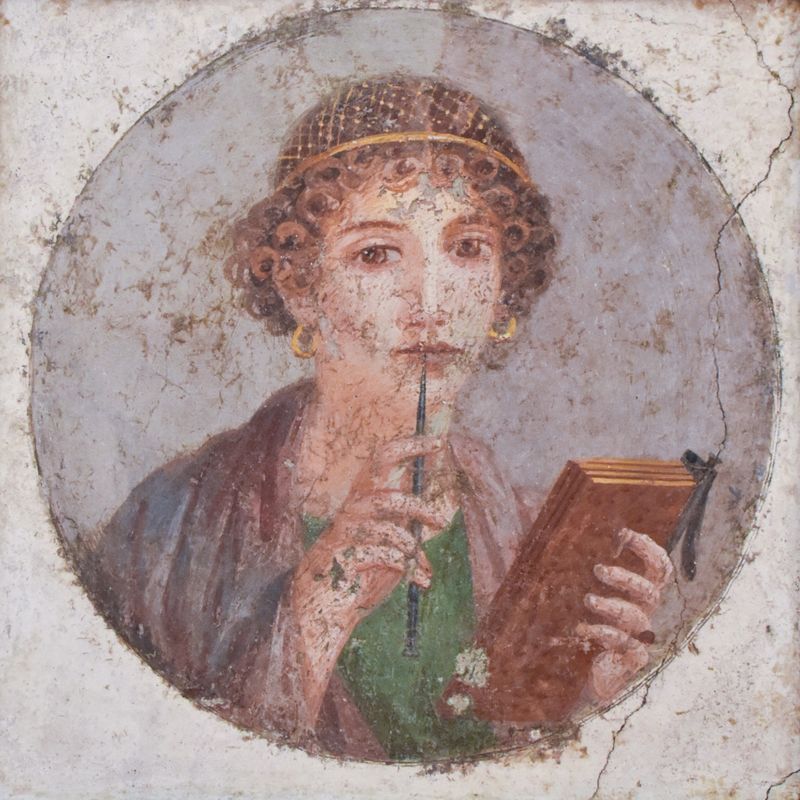
Called the “Tenth Muse” by Plato himself, Sappho created some of history’s earliest female-centered poetry on the Greek island of Lesbos around 600 BCE. Her passionate verses about desire and beauty were so influential that her homeland gave us the word “lesbian.”
Though time has left us only fragments of her work, these pieces reveal an astonishingly modern voice. Her poems celebrate female friendships, romantic longing, and the bittersweet nature of love.
Sappho’s courage to express female desire in a male-dominated world makes her poetry revolutionary even today. Her surviving lines like “someone will remember us, I say, even in another time” proved remarkably prophetic – we’re still discussing her work nearly 2,600 years later!
2. Emily Dickinson: The Recluse Who Redefined Poetry
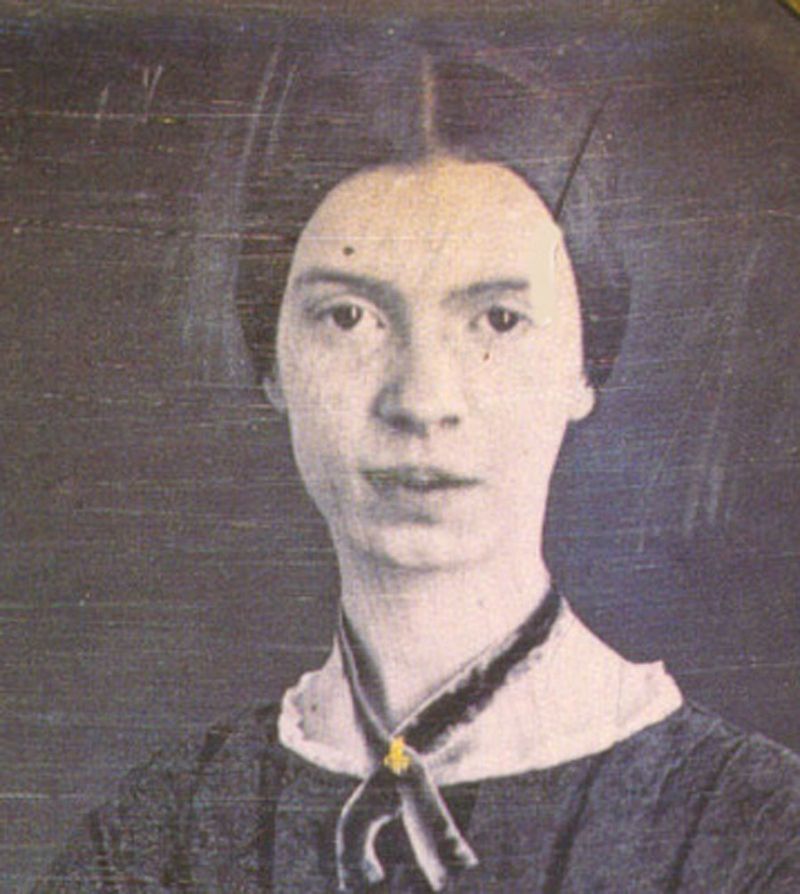
Emily Dickinson wrote nearly 1,800 poems while living a mostly solitary life in Amherst, Massachusetts. Her unconventional use of dashes, capitalization, and slant rhymes broke all the poetic rules of her time—yet created something entirely new and powerful.
Most people never knew Emily was a poet during her lifetime. She bound her poems into handmade booklets but shared them only with close friends. After her death in 1886, her sister discovered hundreds of these brilliant works hidden in drawers.
What makes Emily’s poems special is how they capture huge feelings in tiny spaces. She wrote about death, immortality, nature, and love with surprising honesty. Her famous line “Hope is the thing with feathers” shows how she found perfect images for complex emotions.
3. Maya Angelou: Rising Voice of Strength
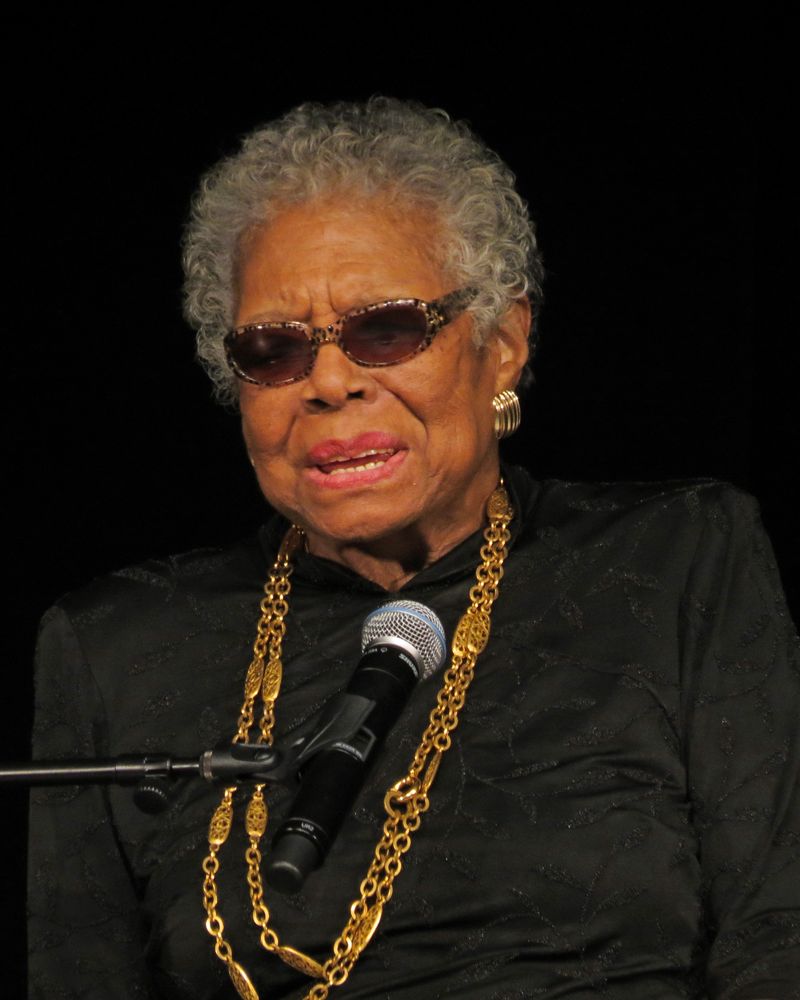
From surviving childhood trauma to becoming a presidential inaugural poet, Maya Angelou’s journey embodies resilience. Her autobiography “I Know Why the Caged Bird Sings” broke ground by openly discussing racism and sexual abuse when few dared speak of such experiences.
Maya’s poem “Still I Rise” has become an anthem for anyone facing oppression. With lines like “You may shoot me with your words…But still, like dust, I’ll rise,” she created a rallying cry for dignity against all odds. Her warm, rhythmic style makes complex ideas about identity and freedom accessible to readers of all backgrounds.
Beyond her writing, Maya lived an extraordinary life as a civil rights activist, dancer, actress, and professor. She received over 50 honorary degrees and the Presidential Medal of Freedom for her contributions to American culture.
4. Sylvia Plath: Raw Emotion on the Page
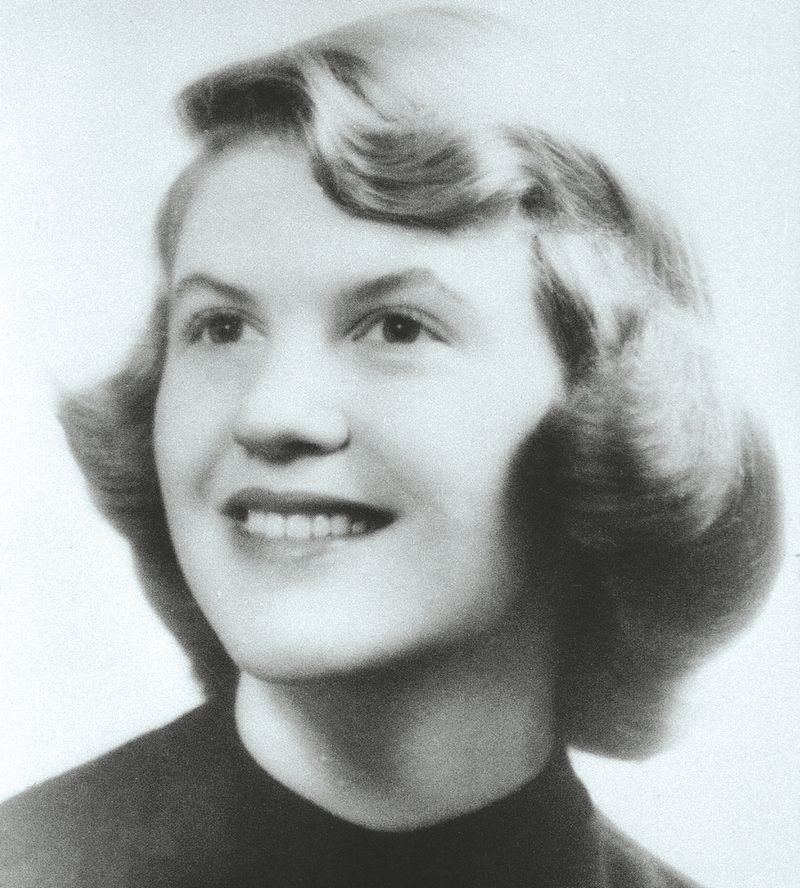
Few poets have captured inner turmoil as honestly as Sylvia Plath. Her collection “Ariel,” published after her suicide in 1963, revolutionized confessional poetry with its unflinching look at depression, marriage struggles, and gender roles.
Sylvia’s gift was transforming personal pain into universal art. In poems like “Lady Lazarus” and “Daddy,” she created powerful metaphors that made readers feel her emotions directly. Her work broke taboos by speaking openly about mental illness when society preferred silence on such topics.
Despite her tragically short life, Sylvia left an enormous legacy. She won the Pulitzer Prize posthumously, and her novel “The Bell Jar” remains a classic exploration of a young woman’s breakdown. For many readers, Plath’s courage to express her darkest thoughts makes her work a lifeline during difficult times.
5. Adrienne Rich: Poetry as Political Power
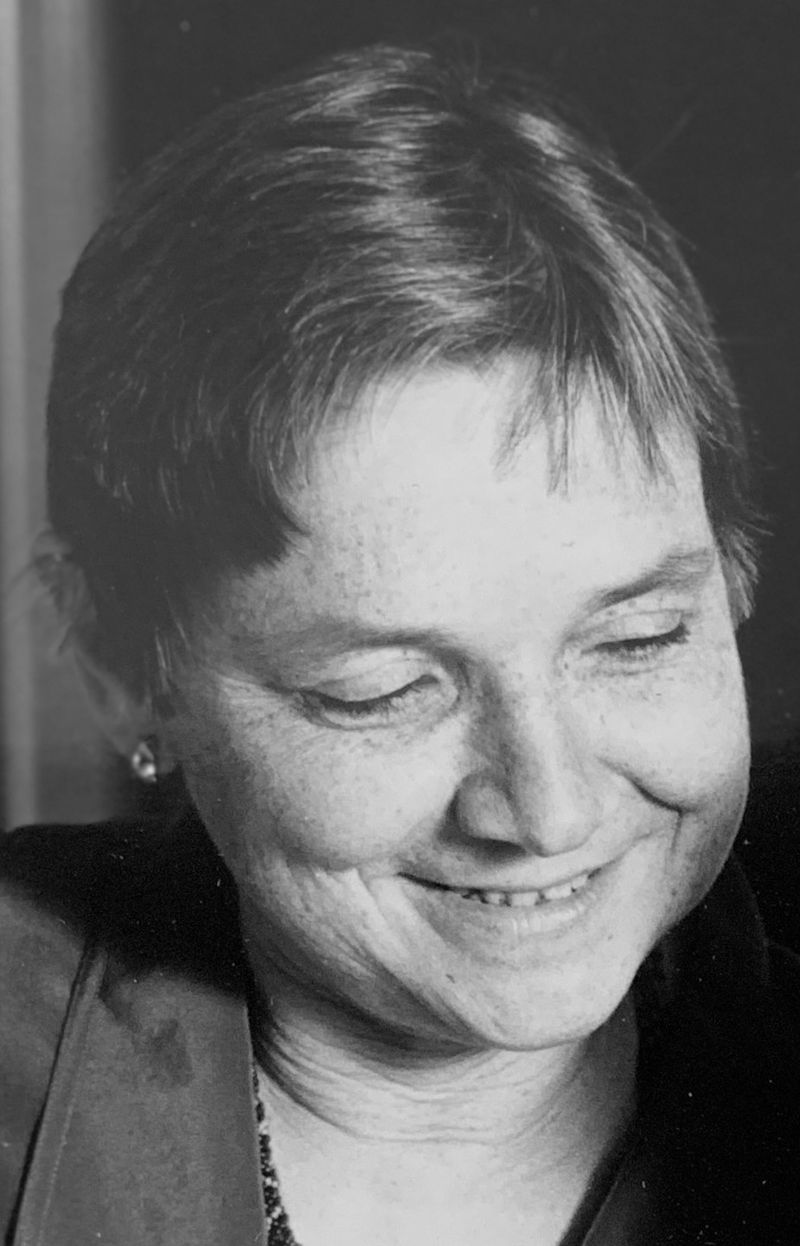
Adrienne Rich began her career as a polite, traditional poet in the 1950s. She transformed into one of America’s most radical literary voices as she embraced feminism and questioned everything about how women were expected to live.
Her poem “Diving into the Wreck” uses the metaphor of exploring an underwater shipwreck to describe the search for truth beneath cultural myths. Rich refused the National Medal of Arts in 1997, stating she couldn’t accept an award from an administration that increased inequality and reduced creative expression.
Throughout her career spanning six decades, Adrienne wrote fearlessly about lesbian identity, Jewish heritage, and political activism. Her essays, especially “Compulsory Heterosexuality and Lesbian Existence,” remain foundational feminist texts. For Rich, poetry wasn’t just art—it was a tool for creating a more just world.
6. Elizabeth Barrett Browning: Victorian Rebel with a Pen
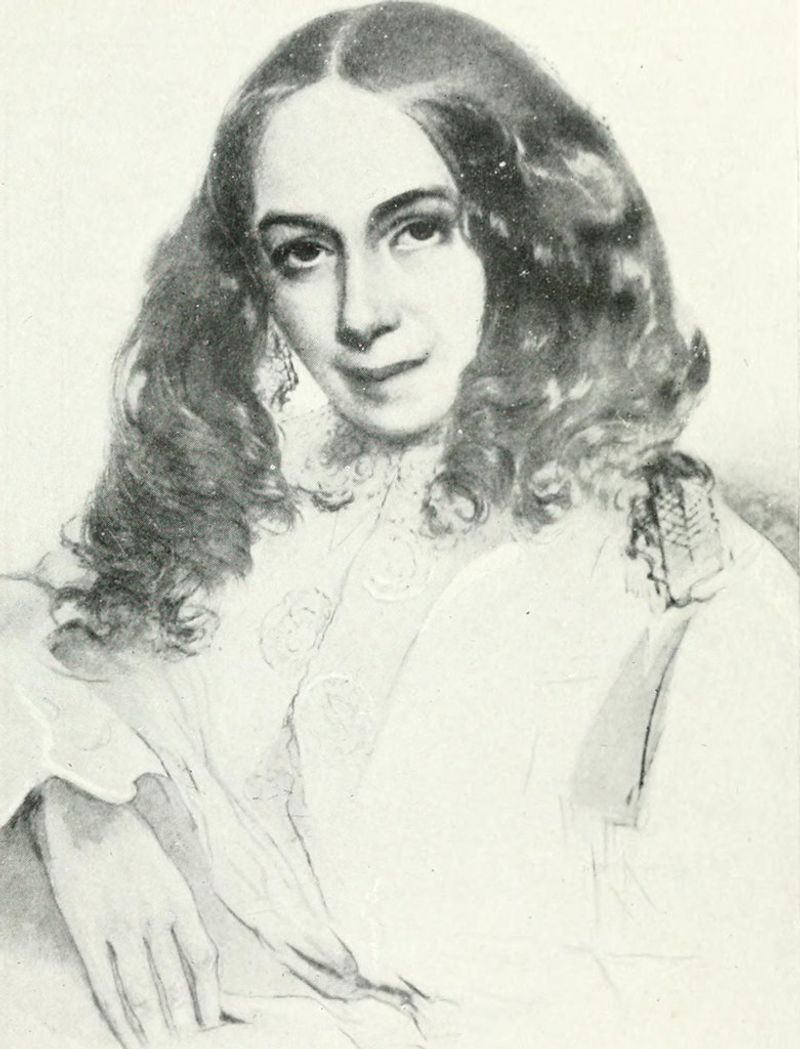
Behind Elizabeth Barrett Browning’s proper Victorian image lies a remarkable story of defiance. Confined to her bedroom for years due to illness and an overcontrolling father, she secretly exchanged 574 love letters with fellow poet Robert Browning before eloping to Italy against her family’s wishes.
Her most famous work, “Sonnets from the Portuguese,” chronicles this forbidden romance. The collection includes the immortal line “How do I love thee? Let me count the ways.” Elizabeth didn’t just write about love, though—she boldly addressed political issues like child labor and slavery when women were expected to stick to domestic themes.
What makes her achievement even more impressive is that she wrote while managing chronic pain and respiratory problems. Her determination to live fully despite these challenges shows in her passionate, determined verses about both personal freedom and social justice.
7. Gwendolyn Brooks: Everyday Life Made Extraordinary
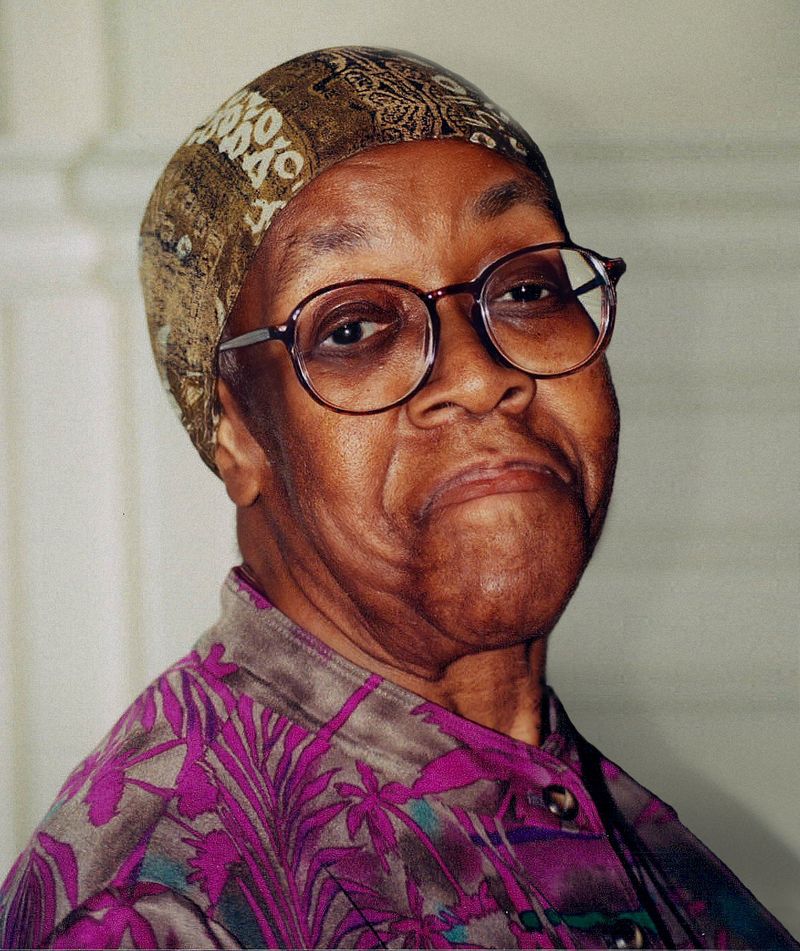
Growing up in Chicago’s South Side during the Great Depression shaped Gwendolyn Brooks’ unique poetic vision. She became the first African American to win a Pulitzer Prize in 1950 for her book “Annie Allen,” which follows a Black girl’s journey to womanhood.
Gwendolyn had an incredible gift for turning ordinary neighborhood scenes into powerful art. Her famous poem “We Real Cool” captures the swagger and underlying tragedy of school dropouts in just 24 words. She wrote about people society often overlooked—poor urban residents, struggling mothers, and rebellious teenagers—with dignity and deep understanding.
Beyond her writing achievements, Gwendolyn dedicated herself to nurturing new talent. She taught poetry workshops in prisons, schools, and community centers. Her belief that everyone deserves access to literature led her to mentor countless young writers from disadvantaged backgrounds throughout her six-decade career.
8. Rupi Kaur: Instagram’s Poetry Revolutionary

When Rupi Kaur posted her first poems and simple line drawings on Instagram in 2013, she couldn’t have imagined becoming a global literary phenomenon. Her debut collection “Milk and Honey” has sold over 3 million copies by speaking directly to young women’s experiences of love, trauma, healing, and empowerment.
Born in Punjab, India, and raised in Canada, Rupi brings a multicultural perspective to her work. Her minimalist style makes poetry accessible to readers who might otherwise find verse intimidating. When Instagram removed her photo showing menstrual blood in 2015, her powerful response sparked international conversations about period stigma.
Critics sometimes dismiss her straightforward approach, but Rupi’s impact is undeniable. She’s introduced poetry to a generation that consumes content primarily through social media. Her success proves that poetry can thrive in the digital age when it speaks authentically to readers’ lives.
9. Warsan Shire: Voice of the Global Experience
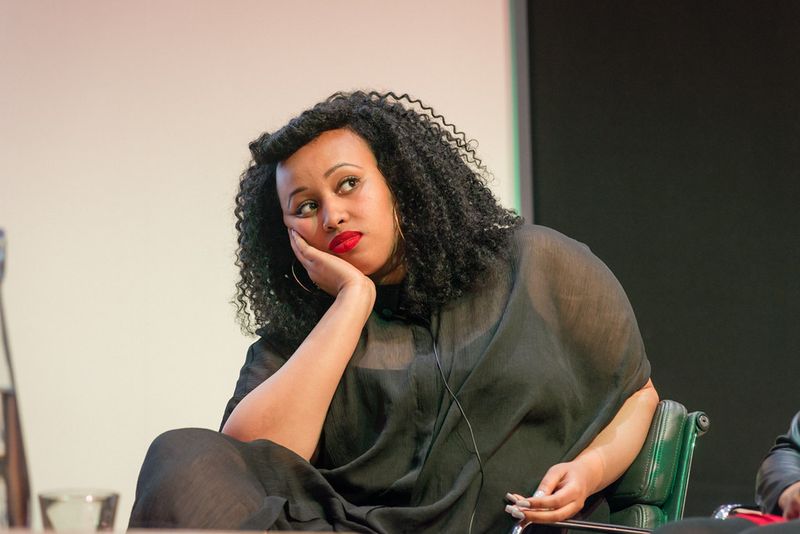
Warsan Shire’s words reached millions when Beyoncé featured them in her groundbreaking visual album “Lemonade.” Born in Kenya to Somali parents and raised in London, this young poet captures the complex realities of immigration, womanhood, and belonging in a divided world.
Her poem “Home” became an anthem during the refugee crisis with its powerful opening: “no one leaves home unless home is the mouth of a shark.” Warsan’s unflinching exploration of difficult subjects—war trauma, female genital mutilation, displacement—gives voice to experiences often silenced in mainstream literature.
At just 34, Warsan has already received the African Poetry Prize and served as London’s first Young Poet Laureate. Her collection “Teaching My Mother How to Give Birth” showcases her gift for combining beautiful language with uncomfortable truths. For a new generation navigating multicultural identities, her work offers both validation and revelation.

Comments
Loading…